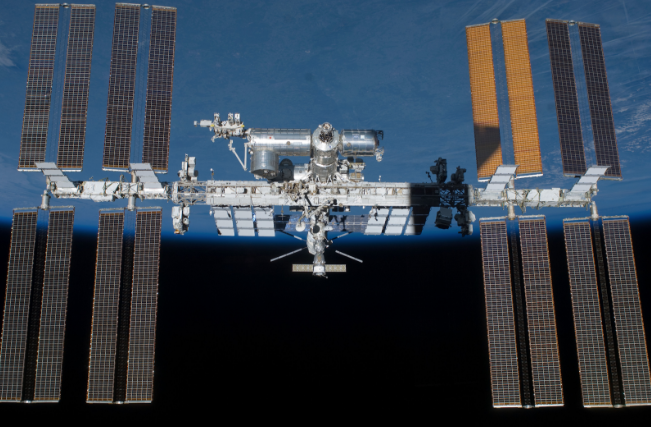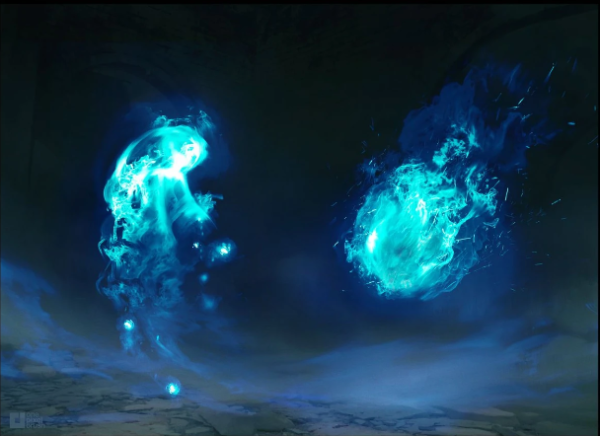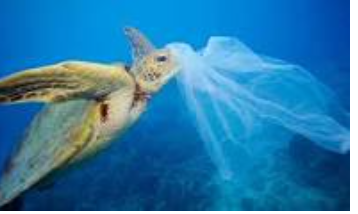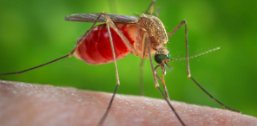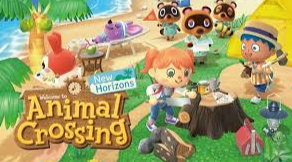The End of the International Space Station
When it comes to space stations, the International Space Station (ISS) is one of the best. The ISS was created in 2000, although construction lasted from 1998-2012. It’s so far the largest man made object in space. Currently, it will be used until 2024, or possibly longer. Once that time is up, it we be destroyed or recycled for other space stations (Howell). However, there are concerns about this.
One of the negative side effects of ending the mission is that it will cripple Florida’s space industry. Currently, Cape Canaveral in Florida is used to send supplies and astronauts up to the ISS. The end of the ISS will hurt this a lot (Foust). Another possible side effect is space debris. Space debris, or space junk, are pieces of satellites and spacecrafts that are left out in space. They travel around space in Earth’s orbit at high speeds. These can be dangerous for operating spacecrafts and humans onboard due to the fear of collision. Space debris can be small, so it can create very small holes in the spacecraft, this would remove all oxygen from the spacecraft very quickly (Garcia). If the ISS is just left out in space, it would most likely turn into space debris.
What NASA will most likely do, to prevent this, would be to bring the ISS out of orbit once the mission is over, than harvest it for parts for future missions. NASA does not like leaving material to just float out in space, so this will probably be done in a series of trips, taking down small parts of it over a period of time (Sloat).
The end of the ISS doesn’t mean there will be no more space stations. For example, NASA is planning a space station to orbit near the moon. China has plans for a space station to replace an older one that recently crashed to the Earth (Tucker). Also, Russia has plans to build a 5 star hotel in space that costs roughly $40 million to stay in (Nozari). So even though one space station’s mission is ending, there are still many other that will follow it.
References:
Howell, Elizabeth. “International Space Station: Facts, History & Tracking.” Space.com, Space.com, 8 Feb. 2018, www.space.com/16748-international-space-station.html
Foust, Jeff. “Potential End of the ISS Raises Concerns, Presents Opportunities.” SpaceNews.com, Space News, 26 Jan. 2018, spacenews.com/potential-end-of-the-iss-raises-concerns-presents-opportunities/.
Garcia, Mark. “Space Debris and Human Spacecraft.” NASA, NASA, 14 Apr. 2015, www.nasa.gov/mission_pages/station/news/orbital_debris.html.
Nozari, Elaheh. “Russia Is Planning to Open a Luxury Hotel in Space by 2022.” Condé Nast Traveler, Condé Nast Traveler, 23 Dec. 2017, www.cntraveler.com/story/russia-is-planning-to-open-a-luxury-hotel-in-space.
Sloat, Sarah. “The ISS Will Retire in 2028.” Inverse, Inverse, 26 Oct. 2016, www.inverse.com/article/15852-nasa-chief-announces-a-2028-expiration-date-for-the-iss-it-is-inevitable.
Tucker, Ian. “Space Stations: Our Future among the Stars.” The Guardian, Guardian News and Media, 18 Mar. 2018, www.theguardian.com/technology/2018/mar/18/space-stations-iss- decommissioned-next-generation-orbital-base.
